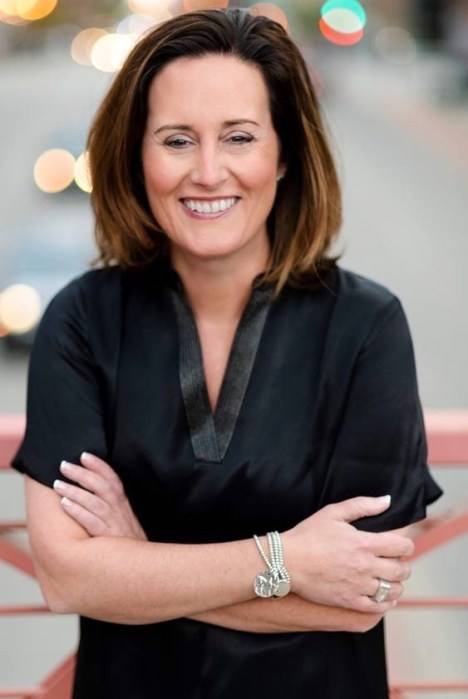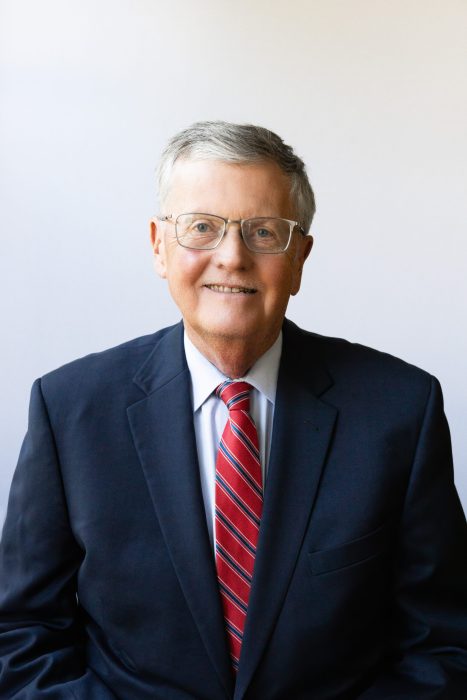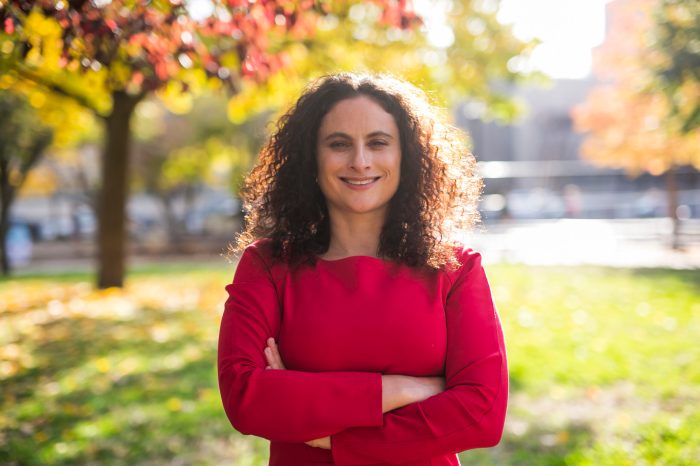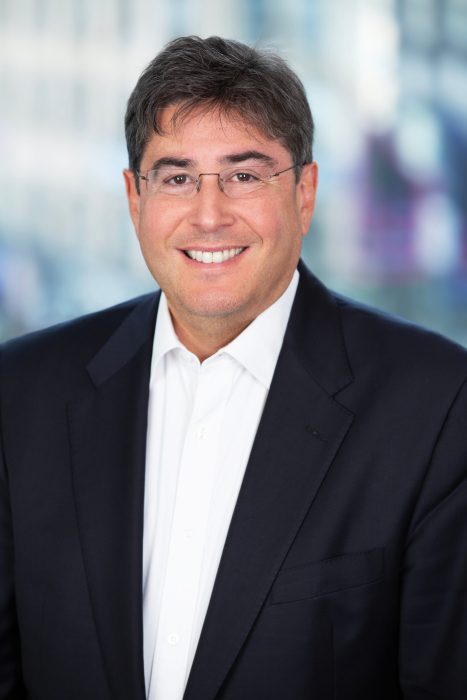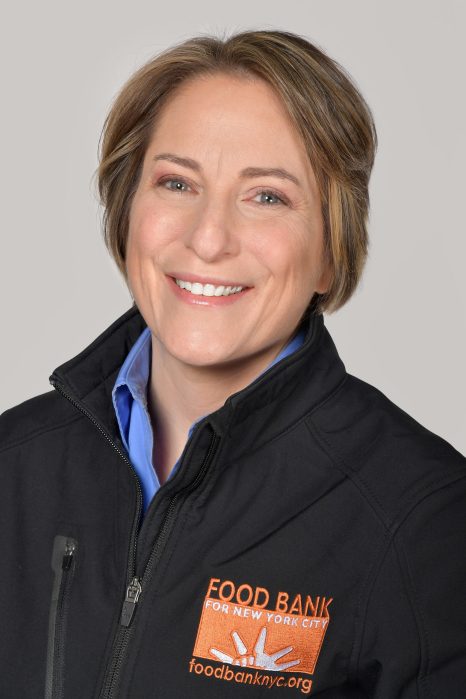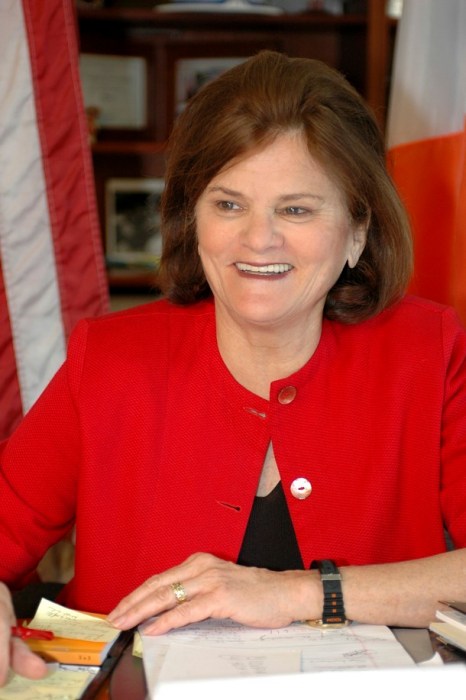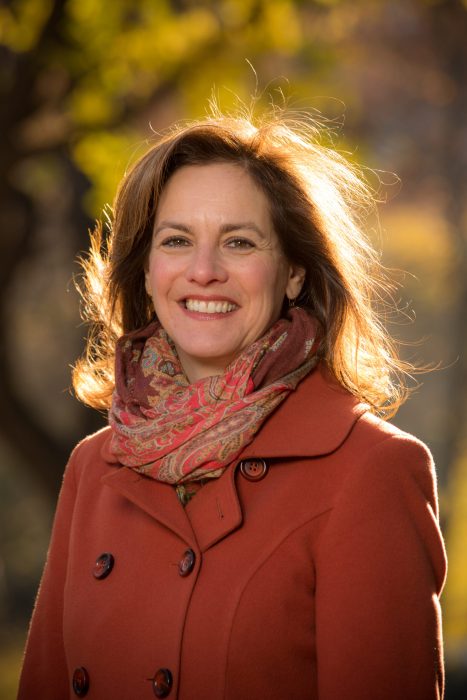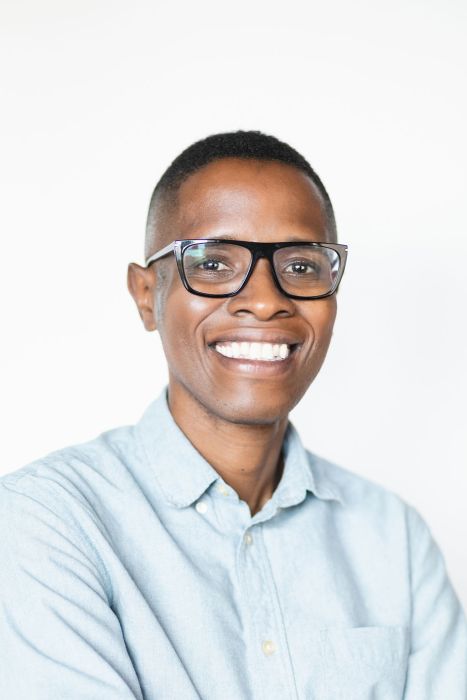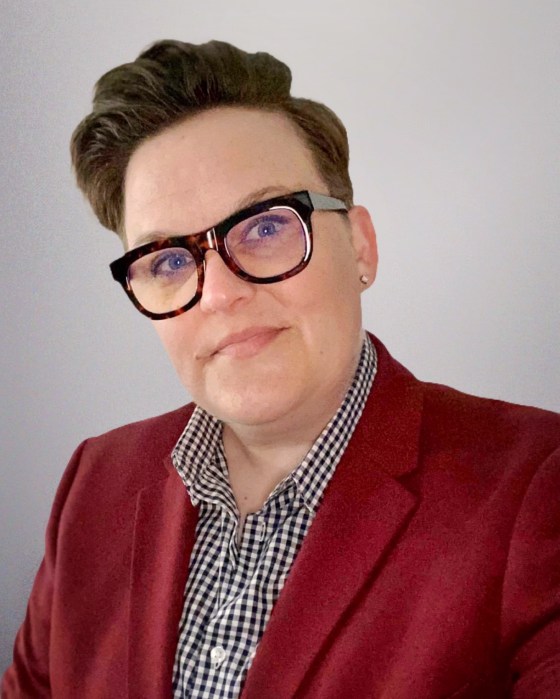With more than 20 years of experience in education advocacy, New York Edge CEO Rachael Gazdick leads the organization’s mission to build equity in education and provide thousands of K-12 students with free, engaging programs that help them grow academically and personally. Previously, Gazdick served as president and CEO of Colorado’s “I Have A Dream” Foundation and as executive director of Say Yes to Education Syracuse.
Was there something or someone that inspired you to pursue a career in the nonprofit sector?
Nonprofit organizations are truly invaluable, and I have always been inspired by the profound impact they have on the communities they serve. I knew I wanted to be part of creating this positive change, and devoted my career to building equity in education. Through New York Edge’s programs, we provide more than 25,000 students with opportunities, support and enriching educational experiences that remove barriers to academic success and help them achieve their utmost potential.
What is the proudest moment of your career so far?
From witnessing how our students enthusiastically interview business leaders during our podcast, “Formative”, to watching their exceptional performances, or celebrating their acceptances to college, my proudest moments are when the youth we serve recognize that they can accomplish anything they set their minds to. Our diverse programs help students envision themselves as the next artist, educator, policymaker, or chess grandmaster, and I’m continually proud of their growth as they discover and pursue their passions.
What policy changes could be made to aid in your work within the nonprofit sector?
Implementing policies that would ensure a more integrated approach between schools and afterschool program providers would be instrumental in reaching more youth in underinvested communities. After-school initiatives are critical to the personal and academic development of students, and this programming should serve as an extension of the school day for all students.


